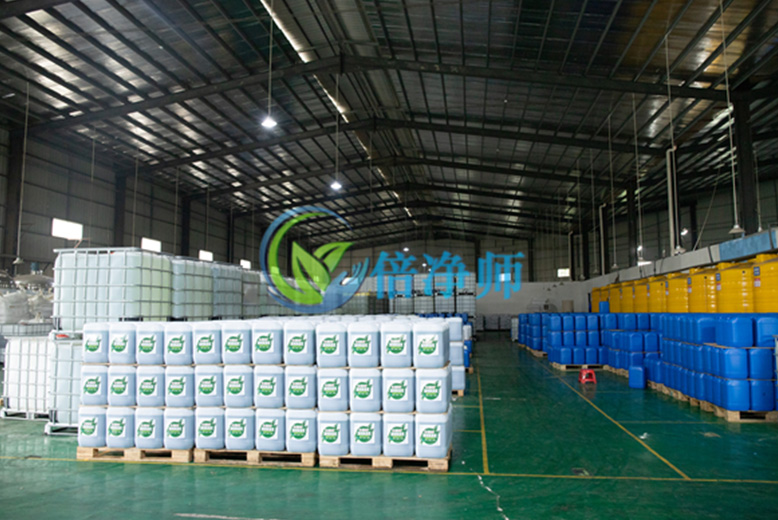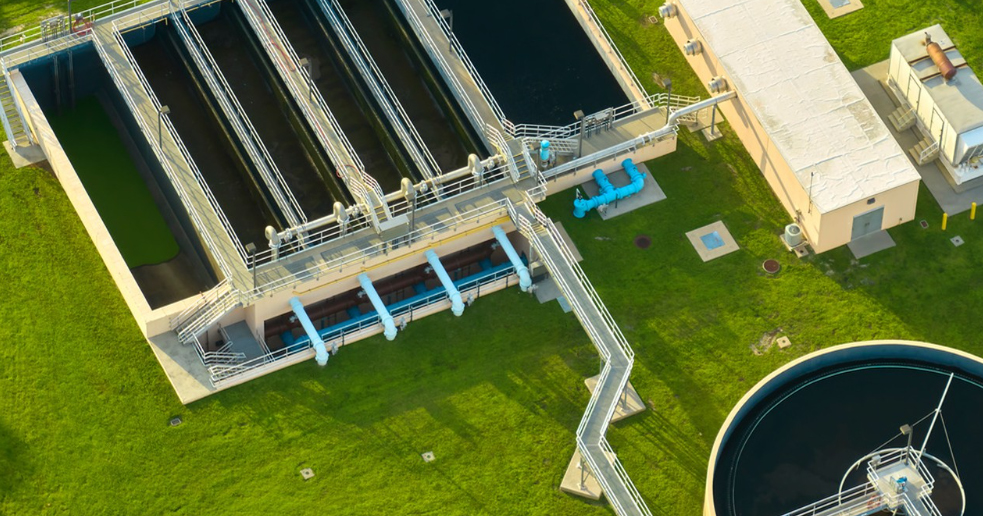Power plant water treatment is vital to the safe and efficient operation of power generation equipment. Water is extensively used in boiler systems, cooling circuits, and heat exchangers of power plants. However, scale formation—caused by minerals like calcium carbonate and magnesium sulfate in water—poses a major threat. Scale clogs pipelines, reduces heat transfer efficiency, increases energy consumption, and even leads to equipment breakdown. To address this issue, various chemical agents, including scale inhibitor, Corrosion and scale inhibitor, scale remover, and scale removal agent, play key roles.
Scale inhibitor is a core chemical in preventing scale formation. It works through two main mechanisms: first, it disrupts the crystallization of scale-forming minerals, stopping them from growing into large, adherent crystals; second, it disperses tiny scale particles in water, allowing them to be carried away with circulating water instead of attaching to equipment surfaces. For example, adding scale inhibitor to boiler feedwater can significantly reduce scale buildup on boiler walls, ensuring consistent heat transfer and extending the boiler’s service life.

Power plant water systems also face corrosion risks—metal equipment can rust due to oxygen, chloride ions, and other corrosive substances in water. Corrosion and scale inhibitor combines scale-inhibiting and corrosion-inhibiting properties to solve both problems at once. Besides preventing scale, it forms a thin protective film on metal surfaces, isolating the metal from corrosive agents. This dual function simplifies chemical dosing, reduces the number of agents needed, and lowers overall treatment costs compared to using separate scale and corrosion inhibitors.
Even with effective scale inhibition, scale may still form due to improper dosing, sudden water quality changes, or long-term equipment operation. In such cases, scale remover (also called scale removal agent) is used to eliminate existing scale. Scale remover works by dissolving or breaking down scale: acidic types react with carbonate scale to form soluble compounds, while chelating types bind to metal ions in scale (e.g., calcium, magnesium) to dissolve it. When using scale remover, it is critical to select the right type and concentration, and control treatment time to avoid damaging metal equipment. After scale removal, resuming scale inhibitor use prevents re-scaling. In conclusion, scale inhibitor, Corrosion and scale inhibitor, scale remover, and scale removal agent are essential for power plant water treatment. They work together to maintain clean, efficient water systems, reduce energy waste, and protect power generation equipment, ensuring reliable power plant operation.
As a professional chemicals manufacturer in the water treatment Industry, Sanmei have helped more than 5,000 plants with process solutions and helped them improve production efficiency, reduce costs, and optimize profit plans. Our main goal is to assist you in optimizing production efficiency and profitability in a sustainable way. Welcome to consult us and get a free wastewater treatment solution by filling in the form below or email to brian@san-mei.com












